The Centre for Sustainable Finance: Toitu Tahua took the opportunity to comment on the Ministry for the Environment’s Emissions Reduction Plan (ERP) discussion document, Te hau mārohi ki anamata | Transitioning to a low-emissions and climate-resilient future.
At the close of COP26 earlier this month, countries were urged to raise ambition and deliver on their pledges and commitments, in order to keep the Paris target of limiting global warming to 1.5 degrees Celsius alive. In light of the IPCC’s sixth assessment report – described as “code red for humanity” – the stakes could not be higher. This is recognised by this Government’s declaration of a national ‘climate emergency’.
We urged swift follow-through by the Government with an ERP that meets New Zealand’s first emissions budget and lays the foundations for the broader and longer-term structural and systemic changes needed to achieve a net-zero, equitable and inclusive transition.
Key points from the submission:
- The most urgent and critical message is the need for private and public sector leadership and collaboration in funding and financing the transition.
- Maximum ambition and minimised delay in domestic emissions reduction and investment in the local economy and infrastructure (over purchase of international abatement) should be a key principle of the Emissions Reduction Plan.
- Widespread mindset change across the nation is fundamental in the achievement of the transition.
- Develop a whole of Government sustainable finance strategy with climate finance as a priority.
- Getting carbon pricing right should be among the Government’s top priorities.
- Increase (by order of magnitude) allocation of public money for funding and financing of the climate transition including for the purposes of enabling and accelerating private sector investment. This needs to be secure and ring-fenced funding; it should not be subject to budgetary appropriations to ensure it is enduring and depoliticised.
- Government needs to play a stronger role in market creation, building the pipeline of investment opportunities and products and enhancing access or commercial viability for different private sector investor types. This will require institutions, funds and partnerships that can undertake investments at a much larger scale and across the commercial maturity spectrum.
- The net-zero transition can be enabled through a flexible, networked approach to funding and financing. Government should convene and draw on the perspective, knowledge and expertise of the many individuals and organisations advancing this agenda.
- Create a kaupapa that everyone can get behind. Collaborate with stakeholders from the beginning to set an agreed ERP national vision, strategy and plan for an equitable transition.
- Develop an open-source portal of climate-related physical and transition risk data and information [at a reasonable resolution] to enable business and civil society to assess key climate risks to specific assets and properties and start to plan and adapt accordingly.
- Consider options for more effective and efficient funding of climate innovation and infrastructure.
- Enable businesses, especially SMEs, Iwi and Māori businesses to put in place appropriate sustainability strategies, governance structures, data, measurement and reporting capabilities so they can access sustainable finance.
Submitted: November, 2021

